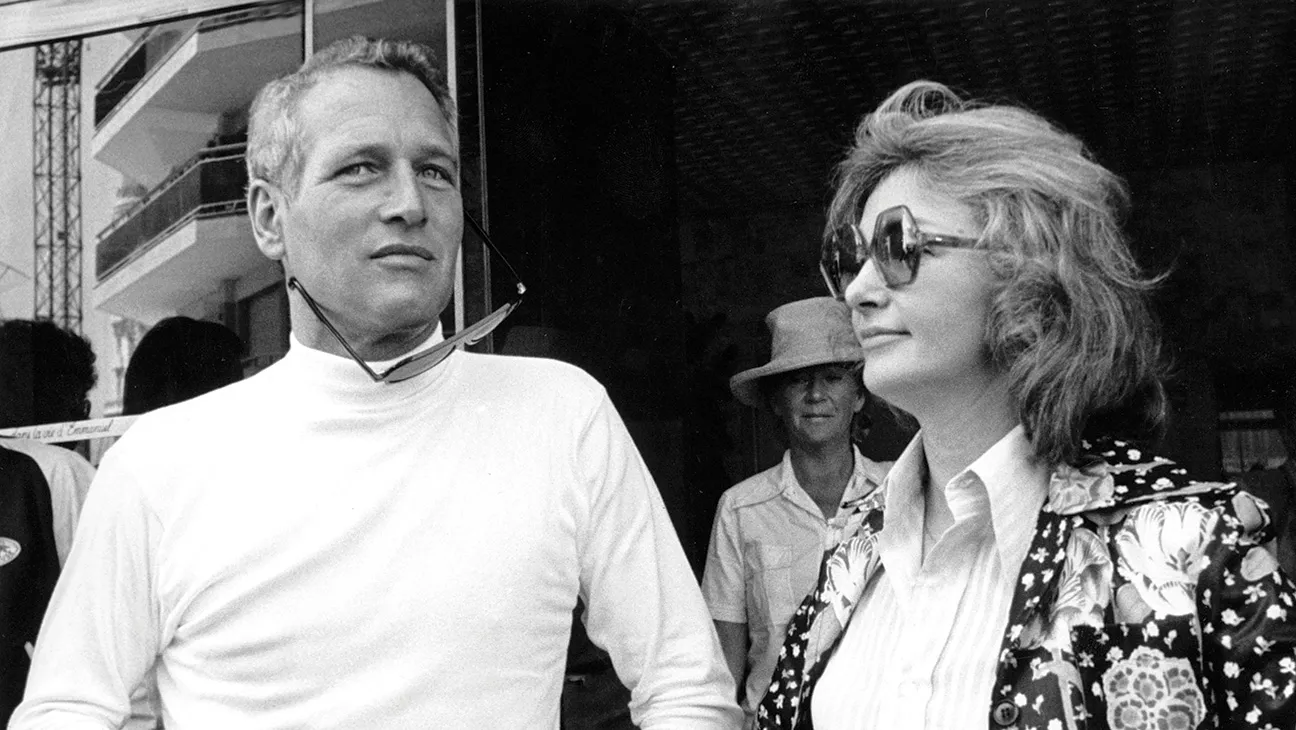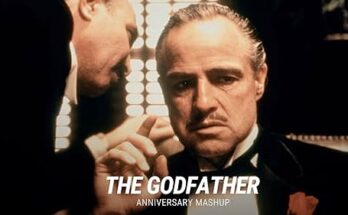Reza Mirkarimi’s A Cube of Sugar (2011) is a beautifully woven Iranian drama that captures the subtleties of family life, tradition, and the passage of time. Set in an old, picturesque house, the film revolves around a large family gathering for the impending wedding of their youngest daughter, Pasandideh (Negar Javaherian). However, an unexpected event turns the joyous occasion into a moment of sorrow, shifting the narrative from celebration to reflection.
Mirkarimi’s direction is delicate and poetic, focusing on the everyday details that shape human connections. The film doesn’t rely on a conventional plot but rather unfolds through a series of intimate moments—shared meals, laughter, nostalgia, and unspoken tensions. The cinematography, rich with warm, earthy tones, complements the film’s gentle, nostalgic mood, while the use of light and shadow enhances its emotional depth.
The performances feel natural and deeply human, particularly Negar Javaherian’s portrayal of Pasandideh, who embodies innocence, hope, and quiet resilience. The supporting cast, consisting of some of Iran’s finest actors, delivers nuanced performances that bring authenticity to the family dynamic.
Beyond its simple premise, A Cube of Sugar subtly critiques societal expectations, gender roles, and the weight of family obligations. The film highlights the beauty and fragility of life, using the metaphor of sugar—a sweet element that dissolves, much like fleeting moments of joy.
Though it unfolds at a slow pace, the film rewards patient viewers with its immersive storytelling and emotional richness. It’s a poignant meditation on the impermanence of happiness and the deep ties that bind families together.
For those who appreciate lyrical, character-driven cinema, A Cube of Sugar is a deeply moving experience that lingers long after the final frame.
A Cube of Sugar



